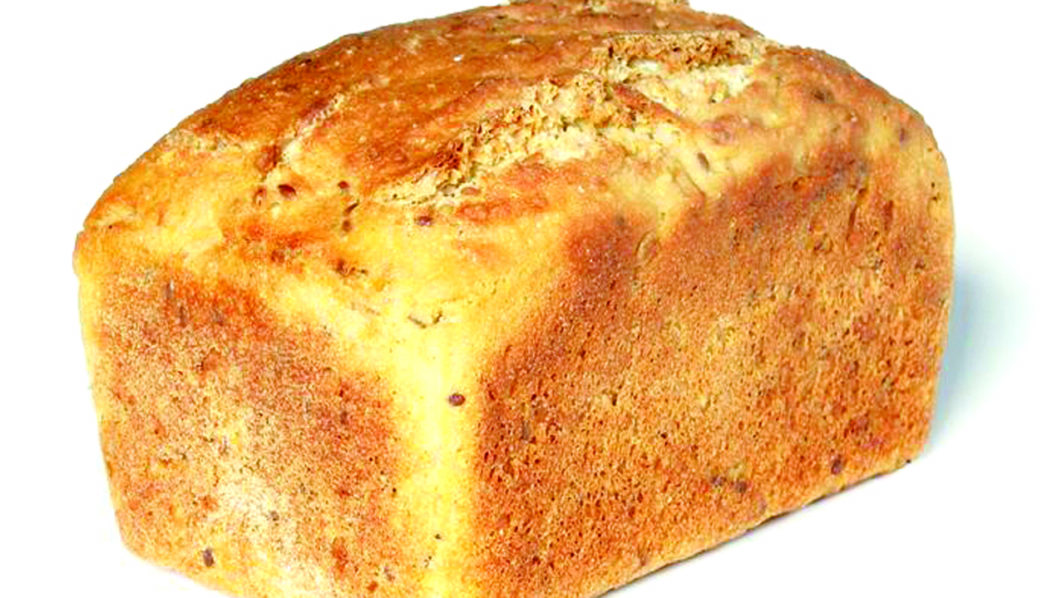
This is coming for the second time in one year. The first price review was done last year in the wake of the COVID-19 pandemic, which disrupted economic activities.
Though the development has been attributed to incessant increases in prices of baking materials, which has made it difficult for the bakers to break even, there are fears that the new development will further aggravate the hardship in the country, especially for lovers of bread.
According to reports, due to the skyrocketing price of foodstuffs, especially rice, yam, beans, garri and other staple foods, the majority of Nigerians have found solace in bread, which is not only a cheaper alternative but can be consumed any time.
Currently, a big size initially sold for N300.00 has been increased to N350, the size sold for N500.00 is now N550.00, while the N100.00 size has increased to N150.00. The increase cuts across all categories of sizes.
Recall that in May, the Association of Master Bakers and Caterers of Nigeria (AMBCN) directed its members nationwide to increase prices of bread, biscuits and other items by 30 per cent due to the devastating economic situation of the country.
The directive was part of the resolution reached at the end of the National Executive Council (NEC) meeting of the association in Abuja. The association explained that the adjustment in price as a result of the sudden increase in the cost of production, as well as prices of sugar, butter, yeast and flour.
National President of the association, Mansur Umar, who read the resolutions explained: “After considering the impact of the skyrocketing prices of baking ingredients/materials, for the survival of our noble business, which is presently bleeding, the association came to the conclusion to adjust our prices by 30 per cent.”
An undergraduate, Miss Onyinyeh Ezeilo, who resides in the Mushin area of Lagos, said bread formerly sold for N100, N200, N300 and N500, “very thick and rich has increased to N150, N250, N350 and N550, respectively. But they are no longer thick and rich as before.
“Normally, at home, a bread of N500 would serve about four adults, but now, we buy bread of N750 to feed four adults and it won’t still be enough to satisfy our hunger. The tiring aspect of the whole thing is the fact that the bakers are constantly telling their customers that the price would still increase and we should get ourselves prepared.”
She said for now since there is no alternative to the staple food, they’ll continue to patronise the bread makers because the increment is general in all bakeries in Lagos State.
A trader, Mrs Tope Anazia who revealed that her choice brand – Old English, initially sold for N500 till early June has increased to N600, said the development has definitely affected her family’s consumption pattern.
She added that aside from the price hike, the size has reduced drastically, likewise the quality and taste.
A baker operating in the Alimosho area of Lagos, Alhaji Tanimonure, who frowned at the incessant increase in the price of flour, said the skyrocketing cost of flour is forcing members to close their businesses.
While calling on the Federal Government to take immediate steps towards reducing the high price of flour, as it is killing the business, he said in the last eight months, one truck of flour that “we used to buy at the rate of N6m is now N9m, noting that the price of sugar and other ingredients are also exorbitant.
Worried by the development, stakeholders in the industry said if the production of High-Quality Cassava Flour (HQCF) that was supposed to be achieved through the Federal Government’s Cassava Bread Fund initiative scaled through, it would have reduced bakers’ reliance on flour and wheat for bread production.
According to them, the initiative like other previous government interventions failed due to lack of will-power and policy summersault.
The Managing Director of Oamsal Nigeria Limited, an agro-processing factory based in Ayede-Ekiti, Ekiti State, Pastor Oluwafemi Salami said the HQCF would have solved the challenge facing the industry because it is a local content product, which the country has comparative advantage producing and non-gluten product better than wheat.
He said with the HQCF, the country would not have continued to depend on the importation of wheat with scarce foreign exchange and would have industrialised the nation through the value chain.
“HQCF is used for bread, biscuits, snacks and other confectioneries with yearly aggregate demand of over 500,000 metric tons, which this administration allowed to be imported through wheat substitute (average of N1b per day) thereby exporting jobs to Europe and North America.”
A few weeks ago, the Federal Government took a drastic move towards reviving the usage of cassava flour inclusion, with the training of master bakers in Kano State on the inclusion of 10 per cent cassava flour in bread baking and other confectioneries.
The Director of the Federal Department of Agriculture, Mrs Karima Babangida said the move would create jobs, wealth and save Nigeria forex it spends importing wheat.
She confirmed that the promotion and adoption of 10 per cent Cassava flour in bread and confectionery has been going on with mixed feelings.
Babangida said the Ministry has achieved partial success in cassava flour inclusion by training some bakers, setting up large scale farms, and encouraging more cassava mills, but the 10per cent Cassava inclusion policy implementation failed to achieve the objectives of massive Baker’s demand for cassava flour.
She said reasons for the failure of the policy include “the enzyme intervention, which requires the use of sophisticated equipment worth several millions of naira affordable by less than two per cent of entire bakers of Nigeria.”






